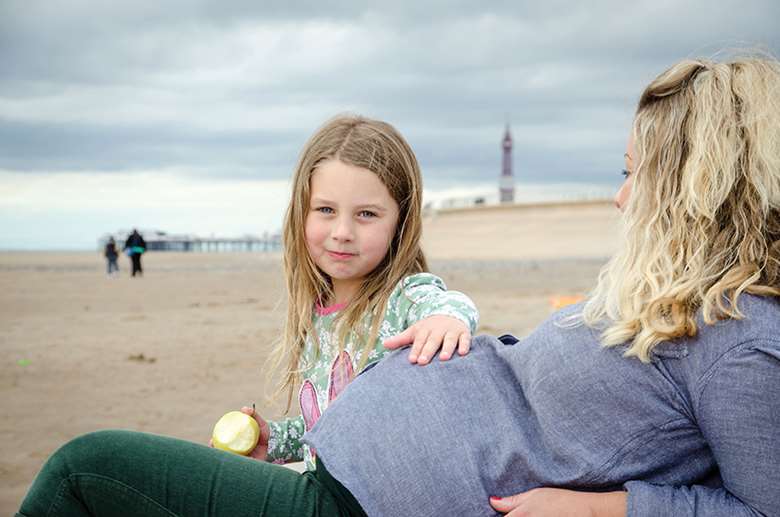Blackpool Better Start
Neil Puffett
Tuesday, May 29, 2018
Ten-year initiative aims to improve outcomes for young children by boosting support for parents.

- It currently involves more than 40 programmes, all aimed at improving child development
- Children's centre registrations are up, with particular success in engaging more fathers
ACTION
Blackpool's Better Start initiative is one of five Better Start projects across England established with a share of £215m from the Big Lottery Fund.
Led by the NSPCC, and involving the police, the local authority, health services, the voluntary sector and local parents, it aims to improve the life chances of babies and young children. It will receive £45m in funding for the 10-year project.
Merle Davies, director of the Blackpool Centre for Early Child Development, which oversees the vision, strategy, programme evaluation, implementation and research of Blackpool Better Start says the initiative aims to deliver sustainable change to make Blackpool a place where parenting and child development is prioritised and communities are empowered to reduce risk and raise happy, healthy children.
It delivers services for children from pregnancy to four years old and their families, ensuring every new baby in Blackpool enjoys the care and nurture they need for healthy development and are ready to engage when they start school.
All five Better Start sites share the same three developmental outcomes for children - speech and language, diet and nutrition, and school readiness - but adopt their own strategies for improving life chances.
"We want to break the intergenerational cycle of poor outcomes," Davies says.
"We believe that if we can reduce critical pressures for parents - the toxic quartet of domestic abuse, substance misuse, mental health problems, and social isolation - and help their parenting capability, we can make a difference."
The initiative takes a public health approach - seeking to encourage behaviour change across the area's population. A community development team conducts a consultation exercise with the community in order to "get under the skin" of the issues people are facing.
In total there are more than 40 separate programmes making up Better Start in Blackpool, including a recently announced £1m project to increase the number of visits a child will receive from a health visitor by their fourth birthday from the statutory minimum of five to at least eight.
"By increasing the number of visits, we foresee parents receiving more support and attention from the one-to-one visits, as it will give parents the chance to discuss issues in more depth," Davies says.
"This will help forge a trusting relationship and will encourage families to be more open and confident to discuss sensitive issues. It will also help the health visitors to identify concerns at an earlier stage and refer to additional sources of support, making referrals to wider services more effective. This will include improved partnership working with nurseries."
Other programmes include Universal Baby Steps, an educational programme designed to support mothers and fathers to be able to manage the emotional and physical transition into parenthood delivered by midwives, health visitors and family engagement workers. The programme runs from week 28 of pregnancy and comprises seven weekly sessions before the baby is born, and three sessions after birth.
Meanwhile, an adapted Family Nurse Partnership programme provides support from specially trained nurses to all mothers where it has been identified that they would benefit from intensive additional support through pregnancy and until the child reaches 30 months.
The Safecare programme delivers support where neglect has been identified, developing protective parenting, while Parents Under Pressure aims to improve parenting in families with parental drug or alcohol problems.
IMPACT
Firm outcomes data is not yet available, but Davies says there has been an increase in children's centre registrations as a result of requiring births to be registered there. Although the birth registration service is not the sole reason for the increased attendance rates, it is thought to be a major factor in a large percentage of the parents re-attending.
Meanwhile, there has been an increase in fathers attending children's centre activities after a specific pilot project to encourage them to go. Prior to the drive, 21 per cent of fathers registering with a children's centre actually attended, but this increased to 31 per cent following the pilot.
"It sounds like common sense - but from the evidence from the first two years of the initiative we have seen how important it is to get the right people into the right programmes if you are to make an impact," says Davies.
This article is part of CYP Now's special report on early childhood development. Click here for more




